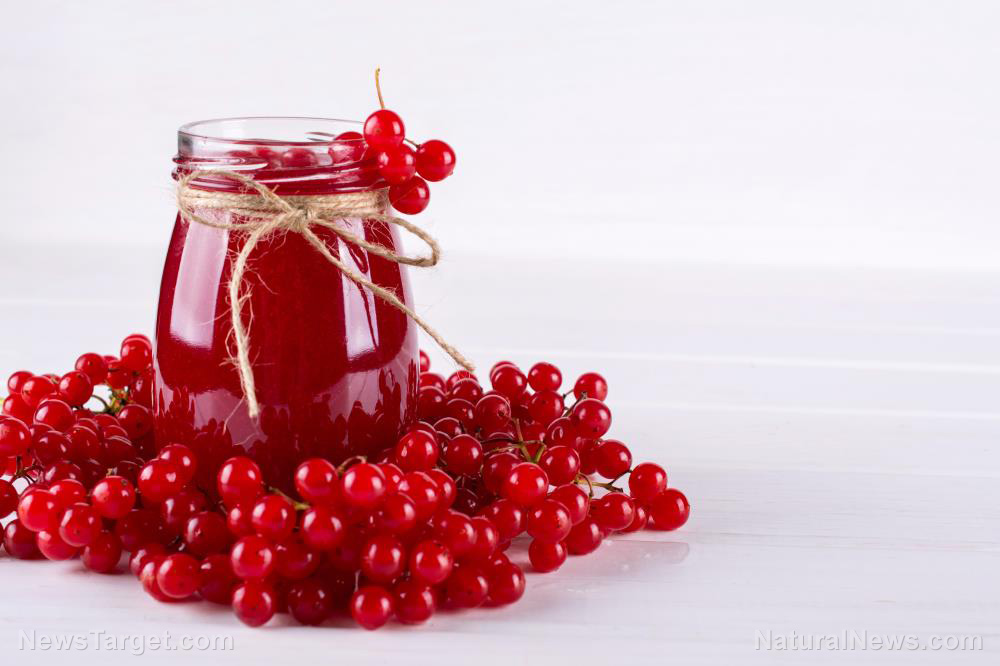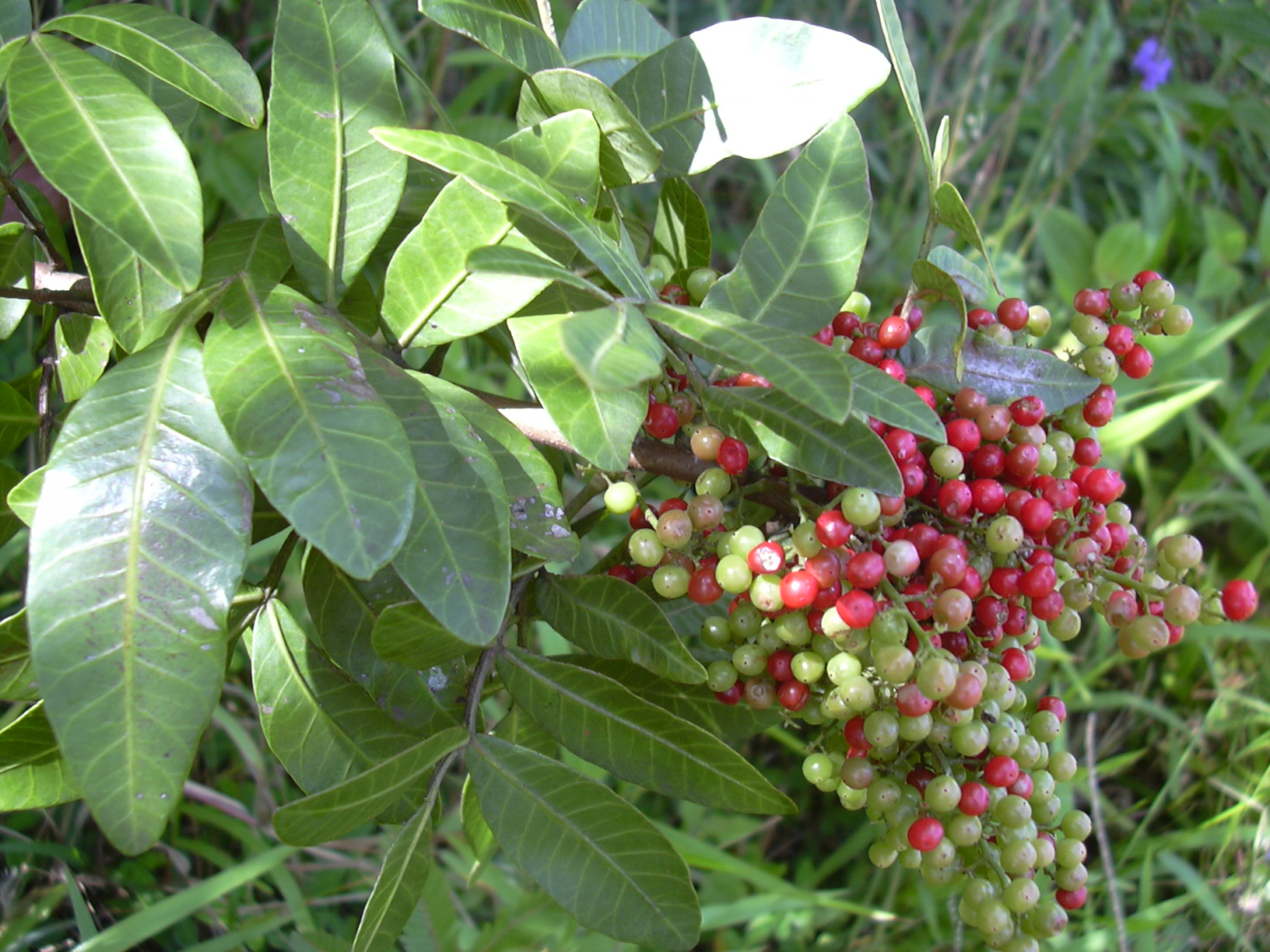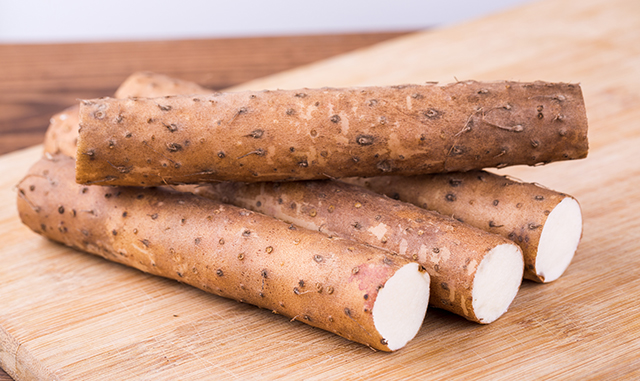Breast milk is the BEST protection against bacterial infections in nursing babies
09/18/2018 / By Zoey Sky

Babies need to be breastfed because breast milk contains antibodies that can help them fight off various illnesses. According to a study, breast milk can also help nursing infants fight off bacterial infections.
Data from the study, which involved researchers from Vanderbilt University, revealed that this is possible due to a complex mixture of fats, proteins, and sugars in breast milk. The study was published in the journal ACS Infectious Diseases.
Breast milk contains antibacterial substances that are good for babies
Study findings revealed that breastfeeding is linked to the delivery of antibacterial substances that aren’t available in infant formula and other breast milk alternatives. Breast milk also has components that can help break up regions of bacteria in the body that often form organized clumps.
The enzymes, proteins, and sugars in breast milk helps dissipate bacteria. This makes it easier for the immune system and natural antibacterial agents to attack them.
This is the first study to analyze the antibacterial properties and health benefits of breast milk for nursing babies. The researchers noted that one crucial benefit of breast milk is that it’s full of natural antibiotics that are also non-toxic. They also warned that synthetic antibiotics from the pharmaceutical industry can harm the digestive and immune health of infants.
In the study, researchers tested Group B Strep, one of the most common causes of infections in newborns worldwide. Test results showed that breast milk had properties that can effectively weaken and kill the Streptococci bacteria. The researchers didn’t set out to identify antibacterial properties specifically in the milk and they examined carbohydrates and sugars.
The power of the elements: Discover Colloidal Silver Mouthwash with quality, natural ingredients like Sangre de Drago sap, black walnut hulls, menthol crystals and more. Zero artificial sweeteners, colors or alcohol. Learn more at the Health Ranger Store and help support this news site.
Prior to this study, the effects of sugars and proteins combined in breast milk remained unknown.
The researchers collected human breast milk samples from different donor women. After the carbohydrate portions in the milk were isolated, the components were analyzed via mass spectrometry to simultaneously study a range of biomolecules. Once the compounds were separated, they were added to Streptococci bacteria cultures and the effects were observed under a microscope.
According to the team of scientists, certain compounds in breast milk immediately killed harmful bacteria. Additionally, these compounds prevented bacteria from clustering and forming protective biofilms for their development. (Related: One more reason to breastfeed: Microbes in human milk inhibit the growth of E. coli.)
The researchers discovered that these important compounds in breast milk soften their bacterial targets before eliminating them. This quality is known as “synthetic lethality,” a trait valued in lab-developed antibacterial agents.
Data findings also showed that breast milk had certain sugars that could help enhance other antimicrobial agents that it contained. The researchers commented that it’s possible that compounds in breast milk could effectively fight off the spectrum of six bacteria called “ESKAPE” pathogens. These include Enterococcus faecium, Staphylococcus aureus, Klebsiella pneumonia, Acinetobacter baumannii, Pseudomonar aeruginosa, and Enterobacter species, the main causes of disease and infection around the globe.
The research team said that aside from highlighting the benefits of breastfeeding for developing infants, data from the study confirmed that nature can indeed protect humans from various bacterial infections.
Lactation-boosting foods
When you’re lactating, it’s important to stay hydrated. Aside from drinking a lot of water, you can eat these foods to boost lactation:
- Garlic – Garlic, which offers various health benefits, can help boost milk production. It’s also a natural way of enhancing the flavor profile of different dishes.
- Oats – Oats are rich in iron. Eat a warm bowl of oatmeal to boost milk production.
- Sesame seeds – Tahini and halvah both contain sesame seeds that can help boost lactation.
- Vegetables – Consume vegetables like carrots, dark leafy greens, and yams.
You can read other articles about infant health and the benefits of breastfeeding at WomensHealth.news.
Sources include:
Tagged Under: acinetobacter baumannii, antimicrobial agents, babies, bacteria, bacterial growth, bacterial infections, breast milk, breastfeeding, Enterobacter, Enterococcus faecium, Enzymes, ESKAPE, fats, Group B Strep, infant health, Infants, Klebsiella pneumonia, nursing babies, Proteins, Pseudomonar aeruginosa, research, science, Staphylococcus aureus, Sugars, synthetic lethality




















